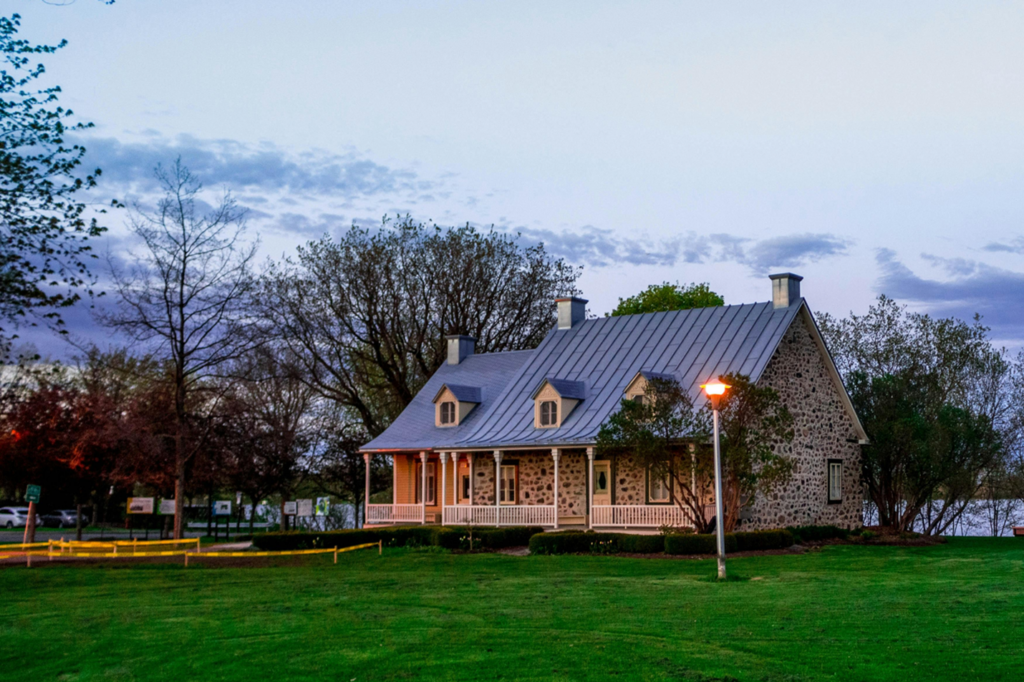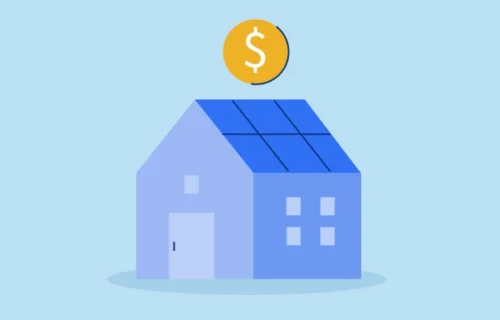
Connect with a Lima One expert today!
If you’d like to know more about this topic or see how it applies to your project, let’s talk.
BlogExpert InvestorsFix and FlipReal Estate 101
Insurance for House Flippers to Protect Investments

House flipping can be a lucrative investment, but it comes with inherent risks that can potentially turn a profitable project into a financial disaster.
One important way house flippers can safeguard their investments is by understanding and securing appropriate insurance coverage. This guide will explore the crucial aspects of insurance for house flippers, helping investors protect their investments while you rehab so they can maximize profits.
Why Insurance is Crucial for House Flippers
Flipping houses exposes investors to risks that regular homeowners don't encounter. Renovations increase the chances of accidents, theft, and machinery mishaps. Without adequate coverage from insurance for house flippers, a single incident can deplete the potential profit from a flip. House flipping insurance protects the investment from these unexpected events, ensuring that the investor does not have to pay out of pocket and helping maintain desired profit margins.
Protecting Your Investment
House flipping insurance safeguards investments against potential risks such as damage, theft, and liability. Insurance specifically for house flippers is designed to cover the unique risks associated with renovating and reselling properties. Standard homeowners’ insurance doesn't adequately protect against the specific situations faced by property investors during renovation and resale.
Common Risks in House Flipping
House flipping projects face risks that include:
- Natural disasters: Storms, floods, or earthquakes can cause significant damage to properties under renovation.
- Accidents during renovation: Workers or visitors may get injured on the construction site.
- Theft and vandalism: Vacant properties are often targets for thieves and vandals.
- Fire damage: Electrical issues or other factors can lead to fires during renovation.
- Water damage: Plumbing problems or weather-related issues in houses that are in the middle of renovation can cause water damage.
- Legal disputes: Property line conflicts or contract disagreements can result in costly lawsuits.
Types of Insurance House Flippers Should Consider
Because flippers have more complex investments than rental property landlords, they need more customized insurance coverage. Flippers should consider these types of insurance:
Builder's Risk Insurance:
Builder's risk insurance is tailored to protect properties during construction and renovations. This type of insurance covers:
- Fire, theft, vandalism, and weather-related damage
- Materials and equipment on-site during renovation
- Structural damage during the construction phase
Builder's risk insurance is essential when undertaking active construction or significant rehab projects. It provides comprehensive protection for both the existing structure and new construction, making it a crucial component of insurance for flip houses.
General Liability Insurance:
General liability insurance is vital for house flippers because it protects against potential lawsuits and claims arising from bodily injury or property damage on the rehab site. This covers the numerous contractors, subcontractors, and other parties working on the project at the property. General liability insurance safeguards flippers from legal and financial repercussions if accidents occur, which makes it part of a comprehensive insurance for flipping houses strategy.
Property Insurance for Flipping Houses:
Property insurance protects your investment property from a range of perils, including:
- Fire damage
- Vandalism
- Natural disasters
- Theft
Property insurance for flipping houses should be tailored to cover the specific risks associated with vacant properties in addition to properties undergoing renovation.
Choosing the Best Insurance for Your House Flipping Investments
Based on this overview of what an insurance policy for flipping houses is, investors can now start to evaluate how to choose the best insurance options. Here are some key considerations:
Evaluating Your Insurance Needs:
When selecting the best house flipping insurance, consider the following factors:
- Property location: Different areas may have specific risks (e.g., flood-prone regions, wildfire areas, earthquake areas, tropical storm areas) that require additional coverage.
- Scope of renovations: Extensive structural work may require more comprehensive coverage. For example, foundation repairs or adding square footage can create additional insurance coverage needs.
- Project timeline: Longer renovation periods may necessitate extended coverage.
- Budget constraints: Balance coverage needs with premium costs.
Assess your specific insurance needs based on these factors to ensure you have adequate protection without overpaying.
Comparing Insurance Policies and Providers:
When choosing insurance for your house flipping projects, consider the following types of providers:
1. Large Insurance Providers:
The big national companies that insure many homes may offer coverage for flippers—especially for people who already have policies with them.
2. Fix and Flip Specific Providers
The growth of fix and flip investors across the country has spawned several companies with products specifically for flippers. Obie insurance is one example in this category.
3. Insurance Brokers:
Independent insurance brokers have relationships with multiple providers and can help find appropriate coverage at a competitive price.
Compare policies from multiple providers, focusing on coverage limits, deductibles, and premiums. Look for insurers with experience in real estate investment properties and those offering tailored solutions for house flippers.
Understanding Coverage and Exclusions
It's crucial to thoroughly understand what each policy covers and any exclusions that may apply. Pay close attention to:
- Coverage limits: Ensure they adequately protect your investment.
- Deductibles: Choose a deductible that balances affordability with potential out-of-pocket expenses.
- Exclusions: Be aware of any risks not covered by the policy.
- Policy duration: Ensure coverage aligns with your project timeline.
Fix and Flip & Landlord Insurance: A Must-Have for Real Estate Investors
Investors who plan to hold their flips, as well as investors who do flips while also maintaining a portfolio of rental homes, need to know the difference between insurance for flippers and insurance for landlords.
What is Landlord Insurance?
Landlord insurance is designed for property owners who rent out their properties. It differs from standard homeowner's insurance by providing coverage specific to rental properties. Unlike flip insurance, which focuses on properties under renovation, landlord insurance protects against risks associated with long-term property rentals.
Benefits of Landlord Insurance for Rental Properties Post Flip
For real estate investors who plan to rent out properties after flipping them, landlord insurance offers several benefits:
- Property protection: Covers damage to the structure and any landlord-owned contents.
- Liability coverage: Protects against lawsuits from tenants or visitors injured on the property.
- Loss of rental income: Provides compensation if the property becomes uninhabitable due to covered events.
- Legal expense coverage: Assists with legal costs related to tenant disputes or evictions.
- Additional living expenses: Covers costs if tenants need temporary housing due to property damage.
- Building code coverage: Helps cover the cost of bringing the property up to current building codes if repairs are needed.
Key Coverage Areas in Landlord Insurance:
The benefits listed above identify the most important types of coverage in landlord insurance.
Lima One Capital and Insurance Partners
Securing appropriate insurance is crucial for house flippers to protect their investments and mitigate potential risks. By understanding the various types of coverage available and carefully evaluating their needs, investors can ensure they have the right protection in place throughout the flipping process and beyond.
At Lima One Capital, we partner with real estate investors to help them succeed with their flips, rental investments, and new construction financing. One of the ways we do this is by vetting insurance partners who match our requirements so that investors have an option for binding insurance for their investments. This is another way we help flippers and investors succeed.
If you’d like more information on financing a flip through Lima One Capital, schedule a consultation with a loan expert today. Our team will discuss our financing products and help you take the next step toward your next profitable investment.
Subscribe for More Insights
Get the latest industry news & Lima One updates.









